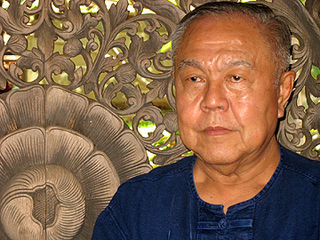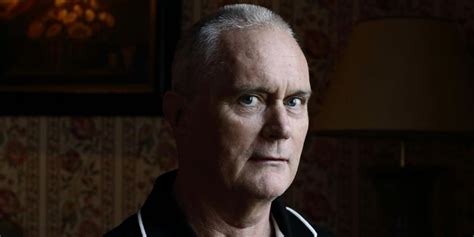A Quote by Sulak Sivaraksa
It is not a Buddhist approach to say that if everyone practiced Buddhism, the world would be a better place. Wars and oppression begin from this kind of thinking.
Related Quotes
I make a distinction between Buddhism with a Capital 'B' and buddhism with a small 'b'. Sri Lanka has the former, in which the state uses Buddhism as an instrument of power, so there are even Buddhists monks who say the Tamils should be eliminated. Thai Buddhists are not perfect either. Some Thai Buddhist monks have compromised with the kind and possess cars and other luxuries. In many Buddhist countries, the emphasis is on being goody-goody, which is not good enough. I am for buddhism with a small 'b' which is non-violent, practical and aims to eliminate the cause of suffering.
To take on the question of race in America and believe that you could transform this country so that it would actually be a place that was welcoming for everyone that was here, including dealing with the history of slavery and the kind of oppression this country is based on, that's an amazing moment to begin to find your own political ideals.
Would you say that any one sacred book is superior to all others in the world? ... I say the New Testament, after that, I should place the Koran, which in its moral teachings, is hardly more than a later edition of the New Testament. Then would follow according to my opinion the Old Testament, the Southern Buddhist Tripitaka, the Tao-te-king of Laotze, the Kings of Confucius, the Veda and the Avesta.































